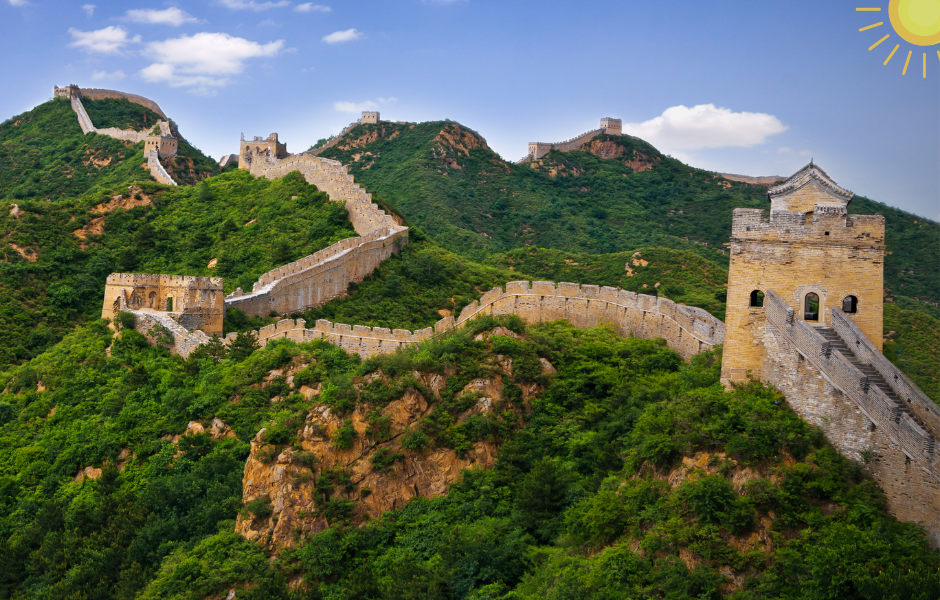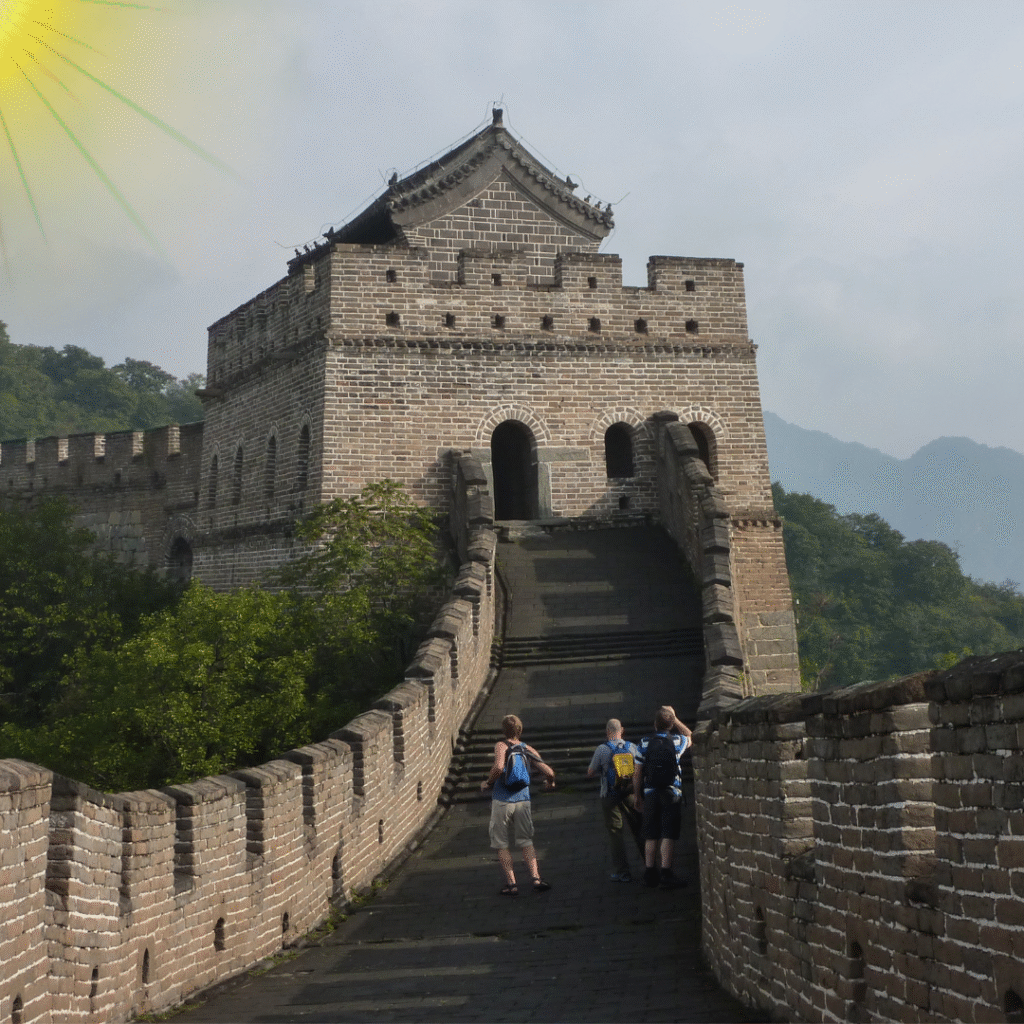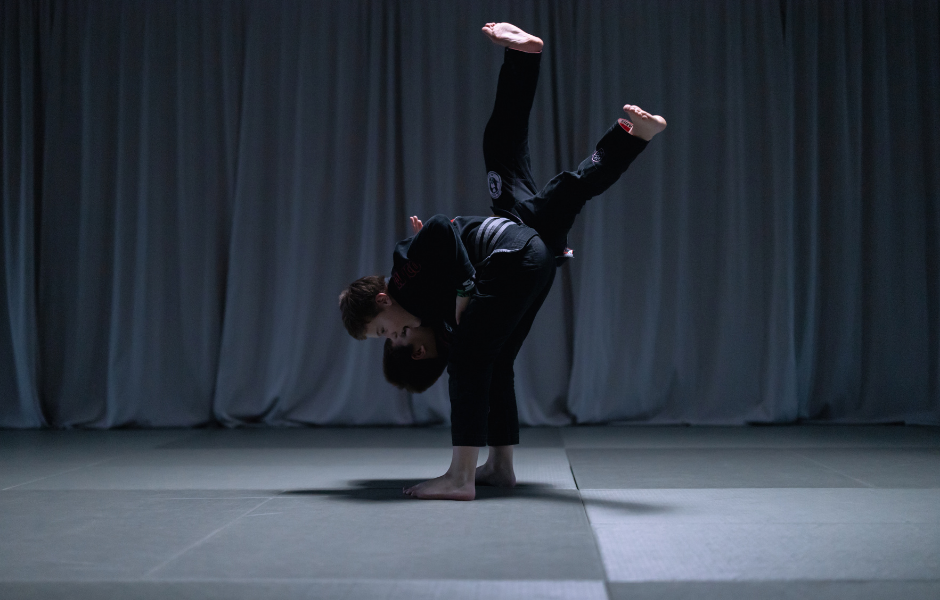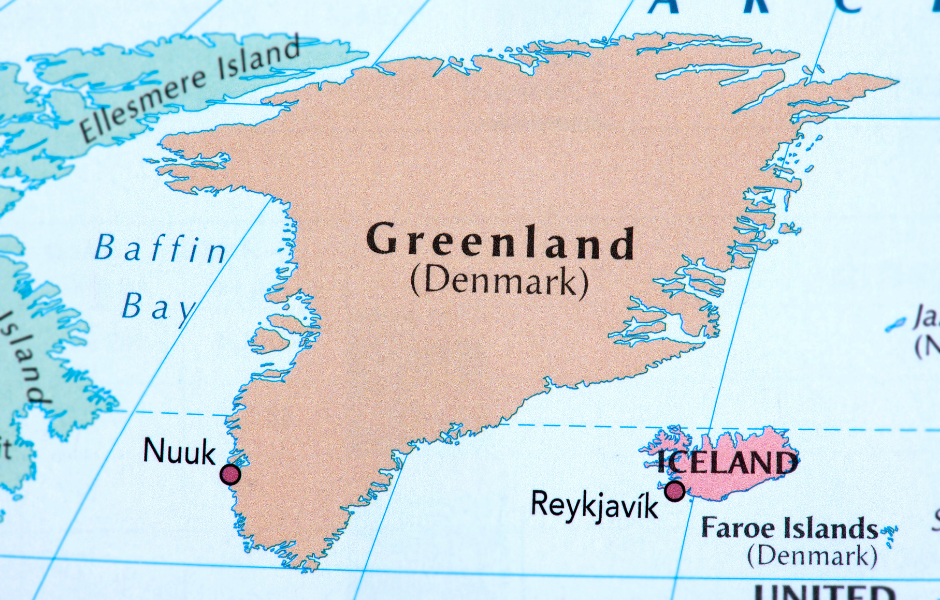
This children’s article, The Great Wall of China: The longest man-made structure in the world! has been written for native English speakers and learners of English as a second or foreign language. It can help children build vocabulary, learn about ancient history, and explore one of the world’s most amazing landmarks. Written by Mark Pulley, a teacher and writer who creates fun and informative news articles for English learners.
A wall built to last… and last… and last!
The Great Wall of China is one of the most famous structures in the world. It stretches across mountains, deserts, and grasslands, winding its way through northern China. But did you know it took over 2,000 years to build?
Why was it built?
It all started in the 7th century BCE, when small walls were built by different Chinese states to defend themselves from neighbouring enemies.
Later, when China was united under the Qin Dynasty (around 221 BCE), Emperor Qin Shi Huang decided to join these smaller walls together to create one massive defence line. He wanted to protect China from invaders like the Xiongnu, fierce warriors from the north.
Made from dirt and hard work
In the early days, the wall wasn’t made of stone like it is in many photos. Instead, workers used a technique called hang tu, which means “rammed earth.” They packed layers of dirt tightly into wooden frames. It wasn’t pretty, but it was strong!
Later dynasties improved the wall using bricks, stones, and tiles. The most famous version of the wall, the one people visit today, was mainly built during the Ming Dynasty (1368–1644 CE).
Battles and borders
The Great Wall wasn’t just a wall. It had watchtowers, fortresses, and army barracks. Soldiers lived on the wall, ready to defend China from attacks, especially from Mongol forces to the north.
From the Chinese side, the wall was seen as a mighty defence. From the Mongolian side, it was a frustrating obstacle. But sometimes, trade and peaceful exchanges happened too.
How long is it?
That’s a tricky question! For centuries, people guessed how long the wall really was. Some said it was 5,000 kilometres. Others said 10,000! It wasn’t until a modern survey in 2012 that experts measured every known section, including hidden ruins.
The answer? 21,196 kilometres! That’s more than half the way around the world.
A modern wonder
Today, the Great Wall is a UNESCO World Heritage Site and one of China’s top tourist attractions. It’s no longer used for defence, but it’s a powerful symbol of Chinese history and human determination.
While parts of it have fallen into ruins, other sections have been carefully restored so visitors can walk along its ancient stones and imagine what life was like hundreds of years ago.

Article vocabulary list
- Dynasty – A series of rulers from the same family
- Invaders – People who enter a place with force to attack or take control
- Rammed earth – A building method using tightly packed dirt
- Watchtower – A tall tower used to see far distances for defence
- Barracks – Buildings where soldiers live
- Frustrating – Causing feelings of annoyance or difficulty
- Heritage – Something that is valued and passed down through history
- Restored – Fixed up or repaired to look like it used to
Comprehension questions
Just click the plus (+) to see the answer
1. Why did the first parts of the Great Wall get built?
A) To create a long road across China
B) To protect against enemies
C) To mark farming land
Answer: B) To protect against enemies
2. What was the earliest method used to build the wall?
A) Rammed earth
B) Marble blocks
C) Wooden poles
Answer: A) Rammed earth
3. Which Chinese emperor first joined the smaller walls together?
A) Emperor Wu
B) Emperor Qin Shi Huang
C) Emperor Ming
Answer: B) Emperor Qin Shi Huang
4. Which dynasty built the most famous parts of the Great Wall?
A) Tang Dynasty
B) Han Dynasty
C) Ming Dynasty
Answer: C) Ming Dynasty
5. How long is the Great Wall, according to modern measurement?
A) About 8,000 km
B) About 15,000 km
C) About 21,000 km
Answer: C) About 21,000 km
6. What can visitors do on the wall today?
A) Ride camels along the whole length
B) Walk along restored sections
C) Camp inside the towers
Answer: B) Walk along restored sections

Mark is a writer and EFL teacher from England with eight years’ experience. He’s passionate about travel, sport (especially football), animals, nature, and history, and enjoys helping children explore the world through language and learning.




